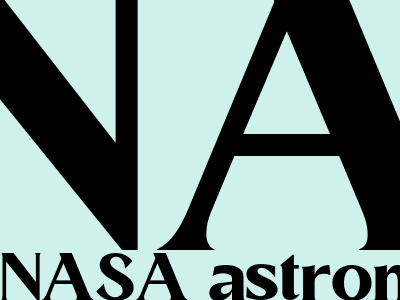
NASA Astronauts Speak Publicly on Hospitalizations
Unexpected Medical Concerns Post-Splashdown
On October 10, 2023, NASA astronauts Frank Rubio, Josh Cassada, and Nicole Mann returned to Earth after a six-month mission on the International Space Station. However, the celebration was cut short when all three astronauts were unexpectedly hospitalized shortly after their splashdown. Now, they are speaking out for the first time about their medical experiences.
Reactions to Spaceflight
Rubio, Cassada, and Mann all experienced various medical issues following their mission. Rubio had significant pain in his legs, while Cassada suffered from nausea and headaches. Mann, on the other hand, had issues with her vision.
According to NASA, these conditions are not uncommon after long-duration space travel. The human body undergoes significant changes in microgravity, including fluid shifts, muscle atrophy, and bone loss. These changes can lead to various health issues upon returning to Earth's gravity.
Addressing the Public
Despite their health concerns, the astronauts were eager to share their experiences with the public. They held a press conference at the Johnson Space Center in Houston, Texas, where they discussed their medical conditions and the importance of understanding the challenges of space exploration.
Rubio emphasized the need for comprehensive medical monitoring during and after spaceflight. He said, "It's critical that we continue to study the effects of space on the human body so we can develop better ways to protect our astronauts."
Cassada highlighted the resilience of the human spirit in the face of adversity. He said, "We encountered challenges, but we overcame them together. It's a testament to the strength of our team and the unwavering support of our families."
Future Implications
The astronauts' experiences underscore the importance of continued research and innovation in space medicine. Their conditions may provide valuable insights for developing new treatments and protocols for future space missions.
Moreover, their public appearances will likely raise awareness about the physiological and psychological challenges of space travel. This increased understanding can aid in the design of more effective and sustainable space exploration programs.